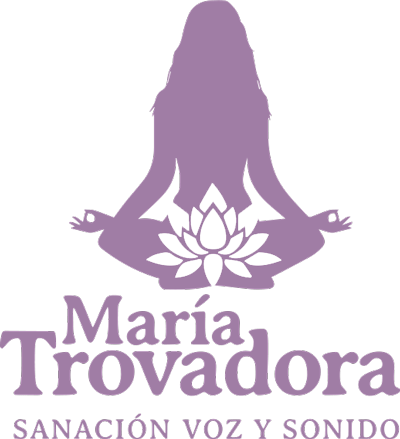Ellen Dissanayake, a professor at the New School of Sociological Studies in New York who has lived in Sri Lanka, Nigeria, and Papua New Guinea, convincingly argues that music originates from the ritual verbal exchanges that occur between mother and the baby during its first year of life. In this type of exchange, the most important elements of language are those related to emotional expressiveness and not those that contain objective information. Measure, rhythm, pitch, volume, duration of vowel sounds, voice range, and other variables are characteristics of a type of speech unit that contains many elements in common with poetry. Dissanayake states:
“It does not matter the final relevance of the grammatical lexical meaning; The human brain is organized or programmed, in the first instance, to respond to the emotional and tonal aspects of the human voice”.
Given that children, while in the womb, react to both unstructured noise and music with movements that their mothers can feel, it seems likely that auditory perception causes the child to become aware for the first time of the existence of a environment with which it is not related. After the birth, the vocal exchange between the mother and the child continues to contribute to the strengthening of their relationship, although the vision does not take long to have the same importance. The soft, whispery tones and rhythms with which most mothers address their babies are, at first, more important than words to strengthen the bond between the two. This kind of communication continues throughout childhood. For example, by playing with an eighteen-month-old who can articulate only a couple of words, I will be able to communicate with him in a variety of ways that do not require the use of language at all. Both of us are likely to make noises: we’ll laugh, growl, and make all sorts of noises while playing hide-and-seek. We will establish, at least during that moment, a fairly intimate relationship, but our communication does not require words.
*extract from the book: Music and the mind. The auditory phenomenon and the reason for passions (Anthony Storr).







